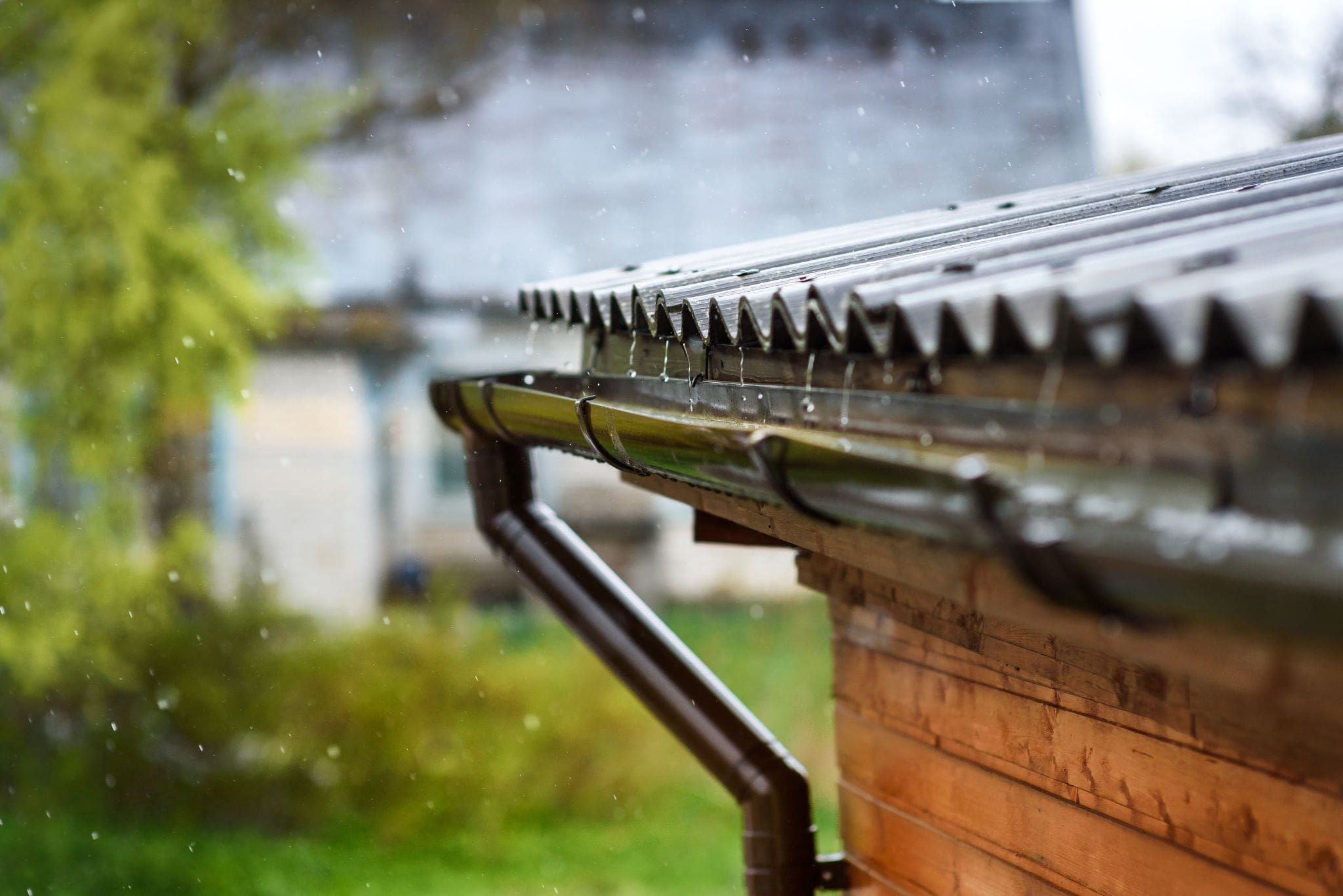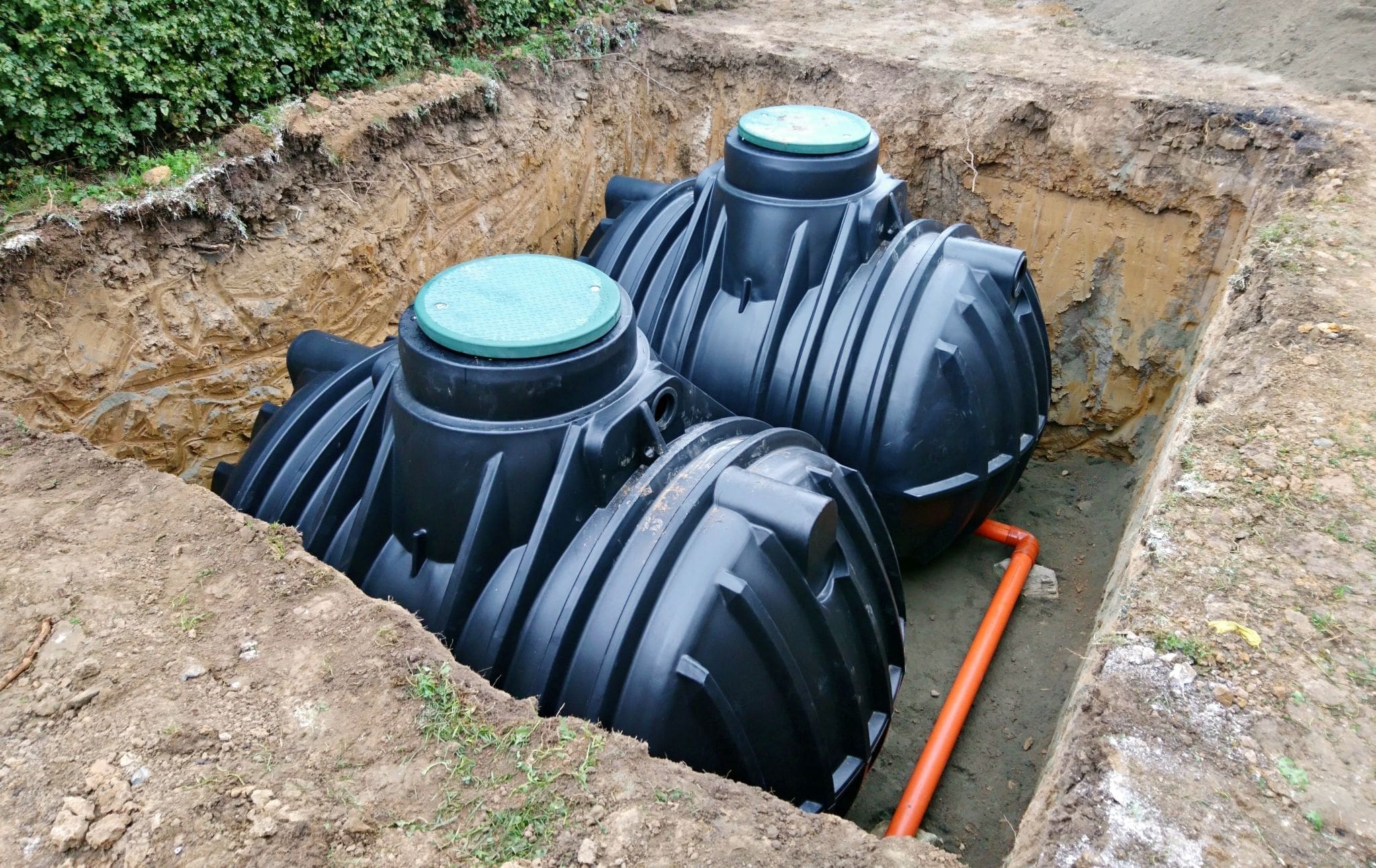
All living things need water to survive. Water is an essential ecosystem component; it’ll be hard to imagine a life without it. But unfortunately, it’s said that the world is heading towards water scarcity because of water pollution and lack of water conservation.
Luckily, there are many ways to conserve water: for instance, rainwater harvesting. Rainwater harvesting is a simple process of collecting, storing, and purifying rainwater that runs from your rooftop, roads, and the like.
The practice of rainwater harvesting is said to be widespread and has been in practice for many years. Many homeowners, especially in dry areas that use residential rainwater harvesting methods can no longer depend on groundwater solely for their needs. Water can be collected in large tanks and containers and stored and processed for later use.
Wondering where to find water tanks that are worth a look? A quick visit to a tank factory to get all your needs for better quality material and shape catered for is highly recommended.
In fact, rainwater harvesting has various benefits. Continue reading to learn more about them.
Reduces Erosion And Flooding
Harvesting rainwater is extremely helpful, especially in areas where people experience heavy rain.
Heavy rainfall can cause flooding and erosion which both contribute to the decline of soil fertility. Lowered soil fertility can affect crop yields negatively, damage infrastructure, and affect the livestock. It can also cause blockage of streams and prevent rivers and other flowing bodies of water from flowing smoothly, which can lead to flooding.
Rainwater harvesting can help solve the abovementioned problems by reducing water run-offs and turning them into usable facilities. Doing this will reduce erosion and flooding in certain areas, allowing smooth river flow.
It’s regarded that rainwater harvesting is one of the methods of lowering water use in horticulture. Employing this method will help save water and produce healthier crops on farms.
Rainwater Is Said To Contain Fewer Chemicals
Rainwater harvesting is preferred by a sizeable group of people because it’s believed to contain fewer chemicals. Groups tend to use treated rainwater for drinking and cooking as it doesn’t have more treated chemicals compared to that from the municipal water supply.
You can also get a specialist to properly install your roof collection system or the gutters, pipes, and tap system to function so that you get naturally treated water from harvested rainwater. Naturally treated water is the best tasting water.
Reduces Water Bills
Rainwater harvesting will save on erosion and flooding and help you and the entire community reduce water bills. Water is one of the most highly used resources in households and it has been proven that one can use liters of water a day.
Not only will water harvesting help individuals and residences, but it’ll also help the municipality use less money to treat and pump water to people in the community. Yet you can decide to use your harvested water as a backup in case the water from the municipal gets contained or as a primary source.

Improves Plant Growth And House Appliances
Rainwater is believed to possess few trace elements. Experts agree that harvested and properly treated rainwater can help flush the buildup of salt from the plants and soil.
Plus, using harvested rainwater can save you money on regular maintenance and landscaping, which is necessary to maintain healthy plants and gardens. The zero hardness of rainwater helps clear your contaminated house appliances too, saving you money for repairs.
Rainwater Is Multifunctional And Can Be Used For Different Purposes
Rainwater harvesting can collect large amounts of ready-to-use water. After undergoing the necessary water treatment processes, the collected water can be used for a variety of purposes: for drinking, cooking, cleaning, sprinkling the garden, agriculture, washing your car, and other household chores that need water.
In addition, rainwater is said to be advantageous because it’s soft, uses less detergent when utilized for washing, and can be used anytime without any restrictions.
Reduces Ground Water Demands
 Water use rates worldwide are regarded to be rising at a pace that nature is having a hard time catching up to. Because of this, many are forced to look for alternative water sources.
Water use rates worldwide are regarded to be rising at a pace that nature is having a hard time catching up to. Because of this, many are forced to look for alternative water sources.
Populations from urban and rural areas both need water as a basic need. Hence, they’re forced to dig the ground to get water. This practice is problematic in certain places because doing this can cause environmental damage that can later risk ground collapse.
By collecting rainwater, you can help prevent ground digging. Besides ground risk, drilling a hole is expensive. In some places, it can cost you a fortune to have a borehole. Harvesting rainwater will conserve the ground and save your money expenses.
Conclusion
Water is becoming scarce because of the increase in population. Therefore, forcing people from different states to come together to learn how to conserve water. It’s vital to join hands; for instance, educating the younglings on water conservation and guiding them through the process.
In fact, rainwater harvesting is believed to be another effective way to save water. Harvesting rainwater on both small and large scales has massive advantages. Collecting rainwater is advised regardless of where you stay because it can provide the above benefits and more to the environment, individuals, and the community as a whole.

Be the first to comment